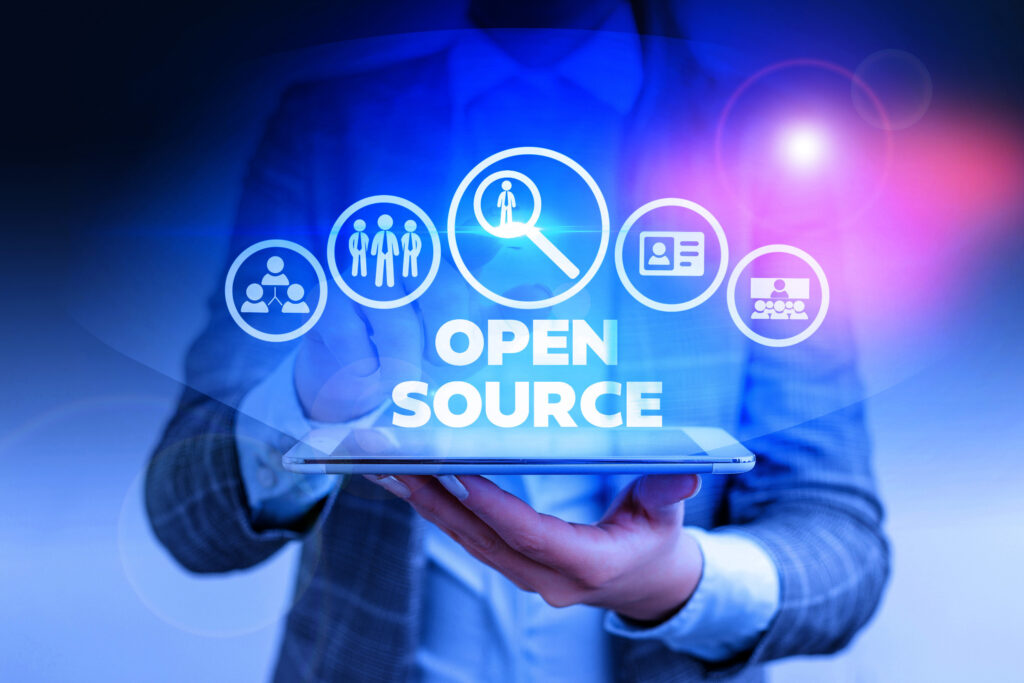There’s a trend returning to computing that’s getting attention – it’s called “local-first [software],” according to a recent article in Wired magazine. Basically, local-first software keeps your information on your own computer or device, instead of storing it all online “in the cloud.” This brings computing power and privacy rights back to individuals, while removing it from big corporations that seek to treat people as if they were products.
It’s kind of ironic that people are now looking to bring computing back to local devices. That’s because before the cloud got big, everything was local! Prior generations of computers had little to no internet connectivity. All your gaming, word processing, and data lived right there on your machine.
But then the internet took off and cloud computing got popular. Suddenly it became normal to store all your stuff online. This made sharing and accessing data from anywhere easy, but it also created problems. You now rely on an internet connection to get your own information. And you have to trust big companies to handle your personal data securely.
Local-first software aims to flip the script back to the old days – putting your personal device, not corporate servers, in charge again. This shift back to local control means you’re not dependent on the cloud to work. You also keep your privacy, since you decide what happens with your data.
Changing to this new-yet-retro computing style won’t be simple. It requires an effort and some time investment by all of us. People are working on it, inspired by the freedom it could bring. Imagine – a future where your privacy and independence comes first again! Apps made to empower you, not big companies.
Learning about open-source software and Linux are great ways to prepare for the local-first revival. These tools already focus on user control and privacy. Getting comfy with them will help you be ready.
The times are changing in tech, bringing back local computing. With local-first software on the rise, the future looks brighter for taking back control of our digital lives. This could lead to a new era of freedom and empowerment. The past, made new again!
| Your data stays private and secure on your own device | Your data is stored on someone else’s servers |
| You maintain full control over your data | You surrender control of your data to big companies |
| No need for internet access to use your data | Internet connection required to access your data |
| Not dependent on cloud servers being online | Cloud outages prevent access to your data |
| Compute-intensive tasks done on local device | Limited by cloud provider compute resources |
| No limits on how much data you can store | Storage limits set by cloud provider |
| Use customized hardware and software | Constrained to cloud provider options |
| Much less security risk from potential hackers | Little ability to control security risks; data left vulnerable to hacking of ‘cloud’ services |
| Better performance with local computation | Latency issues with cloud communication |
| Ability to fully delete and erase data | Data remnants may remain on cloud servers |
This article was inspired by a recent article in Wired magazine: “The Cloud Is a Prison. Can the Local-First Software Movement Set Us Free?”, written by by Gregory Barber, 3 Aug. 2023.
Discuss the emerging trend of Local Computing in the Jeff.pro Technology Forums at https://forums.jeff.pro



